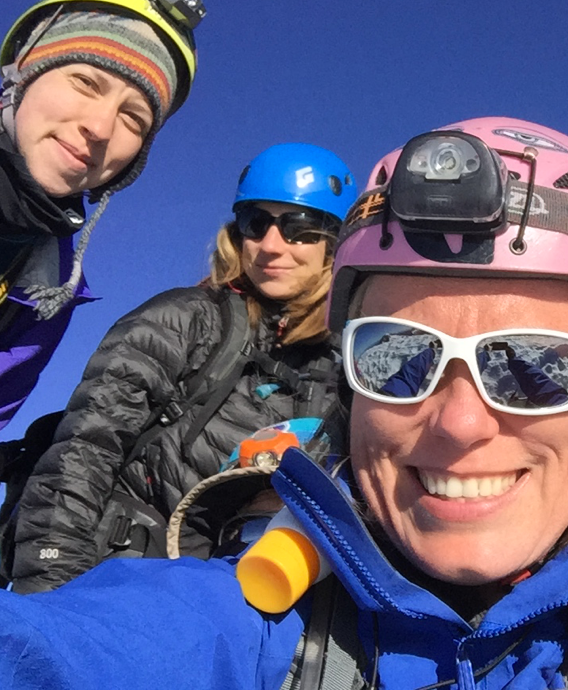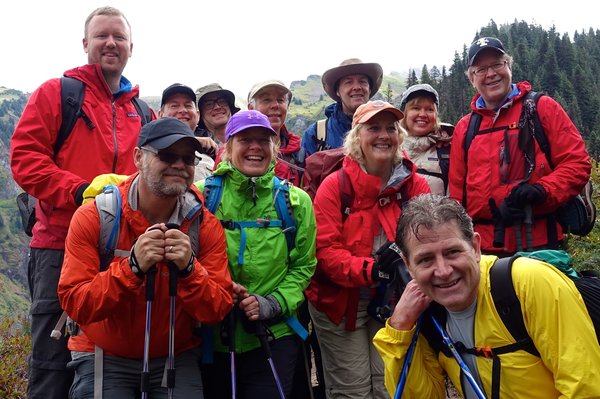If Warned Of A Severe Weather Event:
- Listen to the radio for updates and advice
- Move people and equipment away from exposed rooms and windows. Close curtains/drapes/blinds
IF OUTSIDE: Take shelter in a protected, or low lying area if safe to do so, preferably inside a building. Avoid falling and flying hazards. Protect your head and neck. Follow directions of emergency personnel.
IF INSIDE: STAY INSIDE, Keep away from exposed windows until the storm passes. Shelter in the strongest part of building e.g. central corridors, stairwells, basements. If power fails, remain calm. Stay clear of large glass atriums and roofs.
IF IN A VEHICLE: Do not travel unless you have to. If the conditions are such that you fear for your safety and control of your vehicle, pull over and stop in a clear area. Avoid powerlines and structural hazards. Stay in your vehicle.








